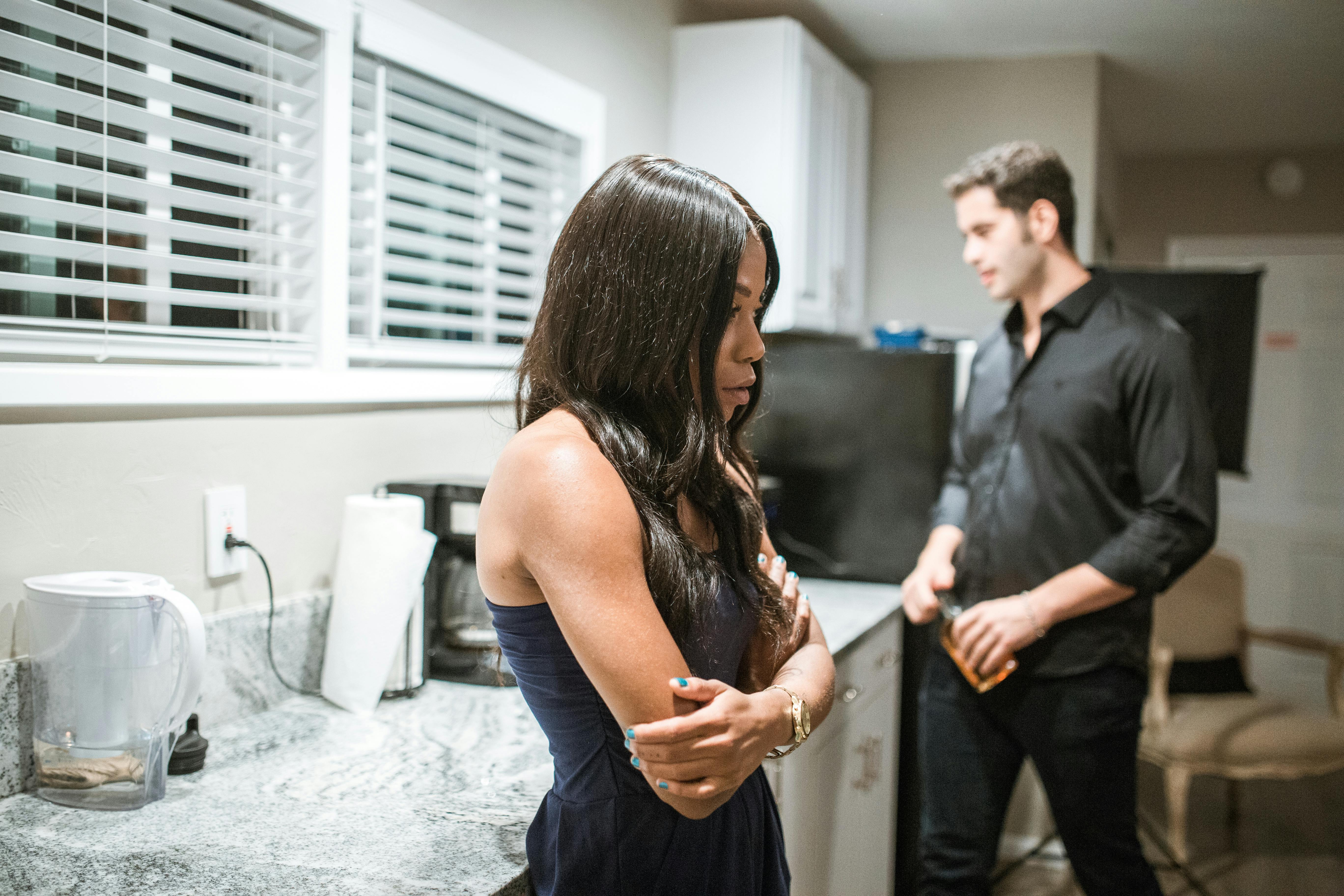Struggling to open up? Expert shares the reason behind growing emotional walls and shutting people out
Emotionally aloof people struggle with trust to open up to people around them. Here's everything you need to know.
Some people struggle to open up and express their feelings or troubles to others. They build emotional walls around themselves, keeping everything to themselves and tiptoeing around any conversation that might make them feel vulnerable. While this may offer protection from unpleasant emotions in the short term, it can be detrimental to mental health in the long run.

In an interview with HT Lifestyle, Dr Arti Anand, Senior consultant Psychologist, Institute of Psychiatry and Behavioural Sciences at Sir Ganga Ram Hospital in New Delhi, shared the reasons why some are quick to shut others out and what kind of repercussions this may have later on.
She said,"Many people build emotional walls as a defence mechanism due to past negative events. These walls protect them from being hurt in relationships, though they may hinder their personal and emotional growth."
Why do people struggle to open up?

This type of behaviour isn’t just a habit; it often emerges from deep-rooted experiences and fears. Dr Anand highlighted the key reasons behind it:
- They may have a fear of becoming vulnerable. People who have experienced rejection, betrayal or trauma may find it difficult to become close in relationships and share their emotions and feelings.
- Individuals with an avoidant attachment style often struggle to open up. This can be rooted in childhood experiences where their emotional needs were not consistently met, leading to distrust.
- People suffering from low self-esteem myfind difficult to form deep emotional connections as they feel unworthy of love and being negatively judged.
Behaviours of people with avoidant attachment style
As mentioned before, people with an avoidant attachment style are more emotionally withdrawn. Avoidant attachment style is a type of attachment style where a person is emotionally withdrawn. Here are some behaviours shared by Dr Anand:
- They will often keep a significant emotional distance in relationships, avoiding intimacy and vulnerability.
- These individuals might not be comfortable with long-term commitments or intense emotional involvement.
- They may not get married or be in a committed relationship.
• They may pride themselves on being self-reliant and view emotional dependence as a weakness.
• They struggle to express their emotions, especially positive ones, and might shut down during conflicts.
• Even in times of need, they might resist seeking emotional support from others.
Difference between healthy boundaries and emotional walls

Healthy boundaries in relationships are important for maintaining individuality and privacy. At first glance, they may appear similar to emotional walls, especially when it comes to keeping certain things private. But it's important to recognise that they are inherently different. Dr Anand explained how they differ:
- Health boundaries are flexible and promote mutual respect.People with healthy boundaries are confident individuals. Most importantly, they trust others enough to communicate their need for healthy boundaries.
- In contrast, emotional walls are rigid and defensive, aimed at keeping others out entirely. People with emotional walls are unable to make genuine connections and emotional bonds. They don't trust and instead feel threatened and instead of communicating, they shut others out.
Mental toll of shutting people out
For some, it has become a knee-jerk reaction to be defensive, and over time, it puts serious pressure on health. Dr Anand shared the health repercussions:
- It can lead to loneliness and isolation, which can impact their mental health. There's constant guard against potential emotional threats, and this can lead to stress and anxiety. Chronic stress eventually causes high blood pressure, heart diseases, digestion issues and more.
- A lack of deep connections and emotional exchanges can stunt personal and emotional development.
- Emotional walls can lead to misunderstandings and conflicts, leading to difficulty in relationships
- The lack of emotional support and connection can contribute to feelings of depression and a decreased sense of belonging.
ALSO READ: Are you always stressed? Expert shares how your gut health may be silently paying the price
Note to readers: This article is for informational purposes only and not a substitute for professional medical advice. Always seek the advice of your doctor with any questions about a medical condition.
Catch your daily dose of Fashion, Taylor Swift, Health, Festivals, Travel, Relationship, Recipe and all the other Latest Lifestyle News on Hindustan Times Website and APPs.
Catch your daily dose of Fashion, Taylor Swift, Health, Festivals, Travel, Relationship, Recipe and all the other Latest Lifestyle News on Hindustan Times Website and APPs.






